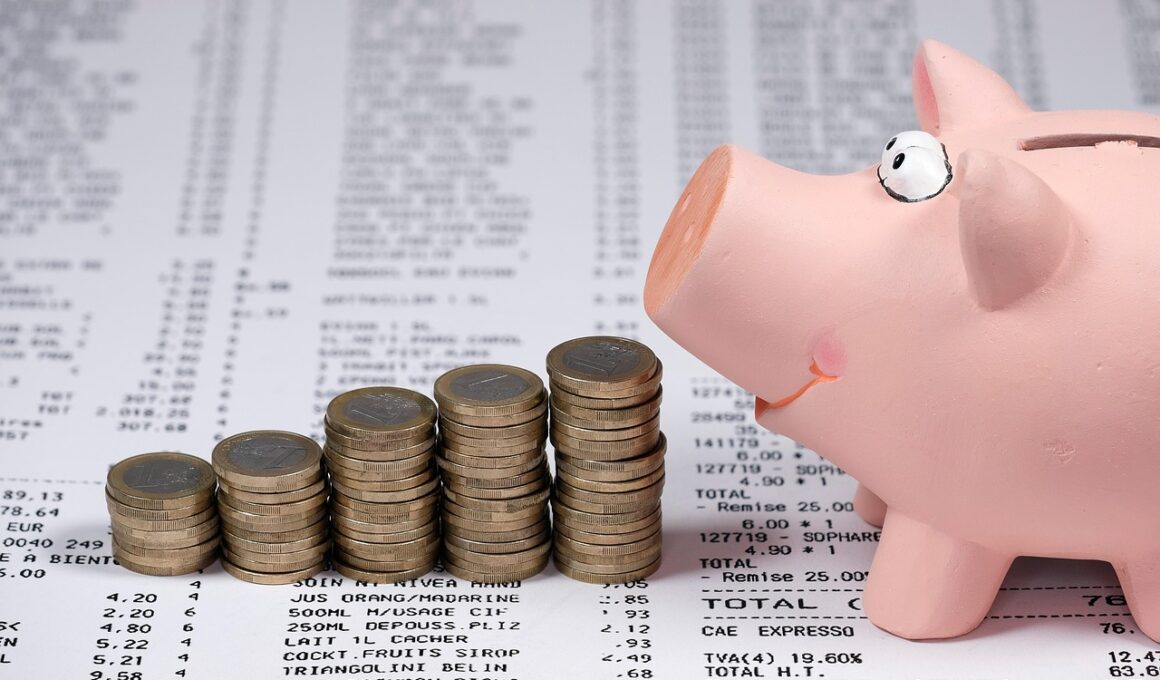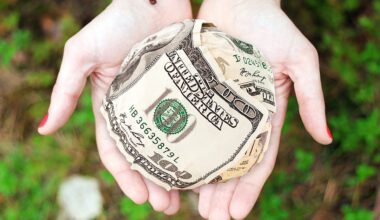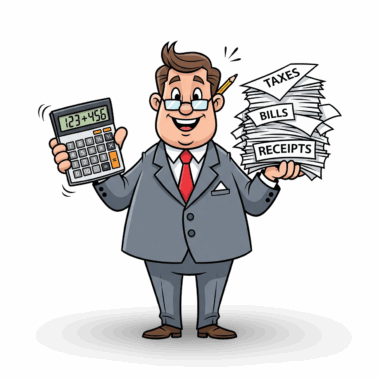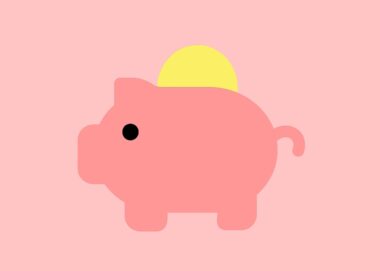Smart Ways to Track Your Spending and Save More
Budgeting is an essential part of personal finance that can lead to healthier financial habits. To effectively track your spending, consider utilizing various tools and methods that fit into your lifestyle. Start by analyzing your current expenses and categorizing them into necessary and discretionary spending. This will allow you to identify areas where you may cut back. Use a spreadsheet to manually document your expenses each month or opt for budgeting apps that sync with your bank accounts to keep everything updated in real time. Most budgeting applications provide visual breakdowns of your spending habits through graphs and charts, which can be immensely helpful. Set up alerts for when you approach spending limits in these categories. Establishing a clear budget helps you see where your money goes, making it easier to make informed decisions on future purchases. Regularly review this budget to ensure it reflects your changing lifestyle and goals. The goal is not to restrict your spending too much but to facilitate better management of your finances, leaving room for savings and investment opportunities as your budget improves.
Another effective strategy for personal budgeting involves the 50/30/20 rule, where 50% of your income is allocated to needs, 30% to wants, and 20% to savings. Implementing this rule can help simplify financial management and provide clarity in decision-making. Take some time to assess your financial commitments to understand how this structure may fit your life. Begin by creating a clear breakdown of your necessary expenses, such as housing, food, and utilities. Next, categorize discretionary spending, which might include entertainment or luxury items. Lastly, prioritize savings as a habit by treating it like a fixed expense. Making contributions to a savings account or investment plan as soon as you receive your paycheck is key. With this framework, you will have a concrete plan, allowing for financial freedom and preparedness for unforeseen expenses. Staying disciplined in adhering to this allocation will yield long-term benefits, as savings often accumulate. Use budgeting apps to help track your progress toward your goals, and ensure you are revisiting your budget periodically to adjust for any changes in income or expenses.
Engaging in Trackable Spending
To gain precise insights into your finances, consider keeping a spending journal. This method not only allows you to note down daily expenditures but also encourages mindfulness regarding purchases. By writing down what you spend and why you spend it, you develop a deeper understanding of your habits and tendencies. You can analyze your entries weekly or monthly to reveal trends. With a spending journal, capture even the smallest transactions, which often get overlooked. As you review your journal, highlight spending patterns that motivate you to make changes, like unnecessary subscriptions or daily coffee runs. Over time, this practice will help you identify potential savings. Supplement this journal by creating a visual board indicating your financial goals. Include images or notes signifying what your savings can achieve, whether it’s a vacation or a new gadget. Visual representation can serve as a strong motivator, especially if reminders of your aspirations are always present. Additionally, sharing your goals with friends or family can help hold you accountable in your spending journey.
Establishing Emergency Funds
A cornerstone of effective personal budgeting is having an emergency fund. It acts as a safety net, shielding your finances against unexpected expenses such as medical bills or car repairs. Ideally, your emergency fund should cover three to six months of essential living expenses, allowing you peace of mind. Start by setting aside a portion of your paycheck into a high-yield savings account. This account should be separate from your regular checking and savings accounts, preventing you from accessing it for everyday purchases. Establishing this practice is crucial to building strong financial foundations, as it minimizes reliance on credit cards or loans during emergencies. Break your target down into manageable milestones, allowing motivation to build as you reach each goal. For instance, aim for saving the first $1,000 quickly, then gradually increase the target. Use budgeting applications to set reminders or automatic transfers to this fund. As you build the fund, take control of your budgeting journey, ensuring your priorities are in line with your goals while maintaining flexibility in adjusting your long-term plans.
In addition to traditional budgeting methods, consider implementing the envelope system. It involves allocating physical cash for various categories, allowing you to avoid overspending on credit. Designate different envelopes for your categories—such as groceries, dining out, or entertainment—and fill them with your budgeted amount. When the money in each envelope is gone, it is time to stop spending in that category until the next month. The envelope system is especially useful for those who struggle with impulse purchases. This tangible method of managing money may help establish a connection with your budget, making expenditures feel more real. As you practice this method, combine it with digital tools to track overall spending and trends. Regularly review how much you’ve saved by curtailing excess expenditures. This hybrid approach can maximize both discipline and adaptation in budgeting. Over time, the envelope system will empower you to make wiser financial decisions while observing improvement in your savings. Reflect on how this method shapes your spending habits for the better and motivates you to stick to your goals.
Utilizing Financial Tools and Resources
Embracing technology can significantly enhance your budgeting experience, making it easier to manage and track finances. Numerous financial tools and apps have emerged to streamline this process. Popular tools include Mint, YNAB (You Need A Budget), and Personal Capital. These apps not only help you categorize your expenses but often provide in-depth analytics about your financial health. Explore these options to identify the one that best fits your needs. In addition to apps, consider using online budgeting calculators to project savings and expenses in various scenarios. Such projections can provide valuable insights and assist with goal-setting. Many financial institutions also offer budgeting resources, including workshops or seminars on financial planning. Taking advantage of these resources can expand your understanding of personal finance. Engage in online forums or communities dedicated to budgeting, where you can exchange tips and success stories. Collaborating with others pursuing similar goals can foster accountability and motivate you to persist through challenges. Continuous learning about personal finance will enhance your budgeting strategies significantly, bringing you closer to achieving your financial aspirations.
Implementing weekly or monthly reviews is crucial for effective budgeting and promotes long-term financial stability. Set aside specific times each week or month to track your income and expenses. During these sessions, outline what worked well and what could improve, allowing you to adjust your budgeting approach accordingly. This habit increases accountability and reinforces your financial goals. Establish a comfortable and distraction-free environment during these reviews to maintain focus. As you analyze your finances, consider the larger picture of your spending habits and savings progress. Take time to celebrate your successes, even if they are small milestones, to keep motivation high. Encourage yourself to reflect on your experiences—both positive and negative—and adapt your strategies. Seek feedback from trusted friends or family, as they may provide insights you overlooked. Document your progress over time; this becomes a tangible record of your journey. Making adaptations based on these reviews will not only streamline your budgeting process but also significantly improve your overall financial well-being. Staying committed to regular assessment will support sustained growth and achievement toward your budgeting goals.





